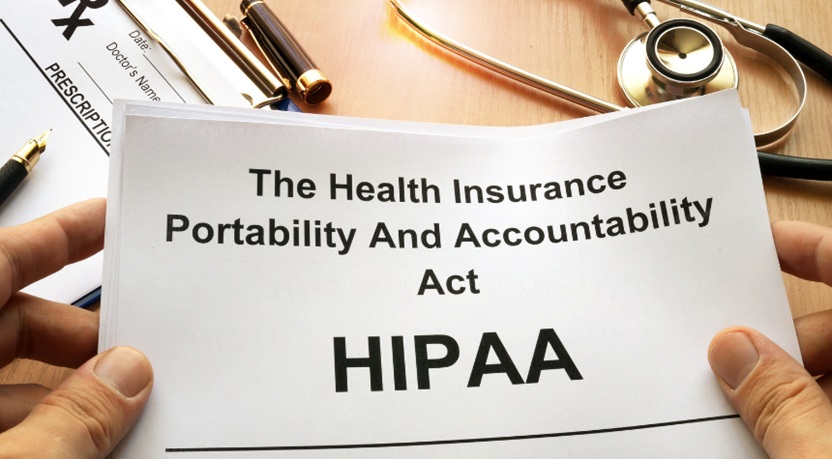
Healthcare organizations today face a complex landscape of regulatory challenges, particularly with sensitive patient data. The Health Insurance Portability and Accountability Act (HIPAA) establishes standards to protect patient information, and failing to comply with these regulations can result in severe legal and financial consequences. Utilizing HIPAA-compliant software is one of the most effective strategies for healthcare providers and their business associates to manage regulatory requirements and secure patient data. This type of software automates compliance tasks, strengthens data protection protocols, and minimizes risks of breaches, all of which are crucial in the dynamic field of healthcare compliance.
Understanding HIPAA Requirements
HIPAA regulations focus on the privacy and security of patient data, known as Protected Health Information (PHI). These rules mandate healthcare organizations to implement administrative, technical, and physical safeguards for data protection. Administrative safeguards include risk assessments and regular employee training, while technical measures involve data encryption, secure access control, and activity monitoring. HIPAA compliance software simplifies these processes by integrating necessary safeguards, helping organizations address regulatory requirements without overwhelming their resources.
Benefits of HIPAA Compliance Software
HIPAA compliance software offers a range of features that streamline regulatory adherence, ensuring that sensitive patient data remains protected. Key benefits include:
1. Simplified Risk Assessments
Conducting regular risk assessments is essential for identifying vulnerabilities in a healthcare organization’s IT infrastructure. HIPAA compliance software automates much of this process, guiding users through systematic evaluations that help reveal security gaps and potential threats. By generating comprehensive reports, this software enables organizations to prioritize their security improvements based on real-time risk data.
2. Enhanced Data Security Protocols
One of the primary reasons healthcare organizations use HIPAA-compliant software is to bolster their data security measures. These tools often include encryption protocols, user access controls, and audit trails, all of which play a critical role in keeping PHI secure from unauthorized access or cyberattacks. For healthcare providers, employing these security mechanisms is critical to maintaining trust with patients and ensuring that all regulatory expectations are met.
3. Efficient Incident Management
In the event of a data breach, healthcare providers must follow strict protocols to mitigate damage and report the incident to the appropriate authorities. HIPAA compliance software typically includes incident management modules, which facilitate swift detection and reporting. These tools allow organizations to document security events comprehensively, providing the information needed for audits and reviews and reducing the likelihood of incurring fines.
4. Streamlined Documentation and Reporting
HIPAA compliance requires extensive documentation, from policy acknowledgments to security incident reports. HIPAA-compliant software automates these tasks, ensuring that all required records are consistently updated and securely stored. Efficient documentation practices are not only essential for regulatory compliance but also invaluable during audits or internal reviews. For a detailed list of critical features, consider this guide on essential HIPAA software features, which outlines must-have functionalities for compliance.
Overcoming Compliance Challenges in Healthcare
As healthcare data grows more digitized and complex, compliance with HIPAA regulations becomes increasingly challenging. Traditional methods of managing compliance—such as manual tracking and documentation—can be time-consuming and prone to errors. HIPAA compliance software alleviates these burdens by offering an all-in-one solution for regulatory management, data security, and incident reporting. This technology empowers healthcare organizations to navigate the compliance landscape with confidence, minimizing the risk of errors and helping staff focus on providing quality patient care.
Choosing the Right HIPAA Compliance Software
When selecting HIPAA compliance software, healthcare organizations should carefully evaluate several factors to ensure they find a solution that meets their specific needs:
Integration Capabilities
Compatibility with existing healthcare systems is essential. HIPAA compliance software that seamlessly integrates with electronic health record (EHR) systems and other digital tools will allow for a smoother implementation and greater usability.
Customization Options
Every healthcare organization has unique compliance needs, and customizable software allows organizations to tailor functionalities to their particular operations. Customization ensures that healthcare providers can adapt the software to evolving regulatory standards without major disruptions.
Real-Time Monitoring and Alerts
Continuous monitoring is essential in detecting and responding to potential security threats. A reliable HIPAA compliance software solution will include real-time monitoring and alert functions, helping organizations respond swiftly to anomalies or breaches and maintain a secure environment.
The Future of Compliance Management in Healthcare
As data breaches and regulatory scrutiny continue to increase, HIPAA compliance software will play an even more critical role in healthcare operations. The software solutions of the future are likely to leverage artificial intelligence and machine learning to enhance threat detection, improve risk assessment accuracy, and automate compliance tasks further. By proactively investing in robust, adaptive compliance solutions, healthcare organizations can safeguard patient data, build trust with patients, and avoid costly penalties.
Conclusion
Navigating the regulatory challenges associated with HIPAA compliance is no small feat for healthcare providers. However, with HIPAA-compliant software, these organizations can streamline their compliance efforts, protect sensitive patient information, and ensure that they are always up-to-date with current standards. Investing in comprehensive compliance software allows healthcare providers to focus on what they do best: delivering quality care while maintaining the highest standards of data security and regulatory adherence.

